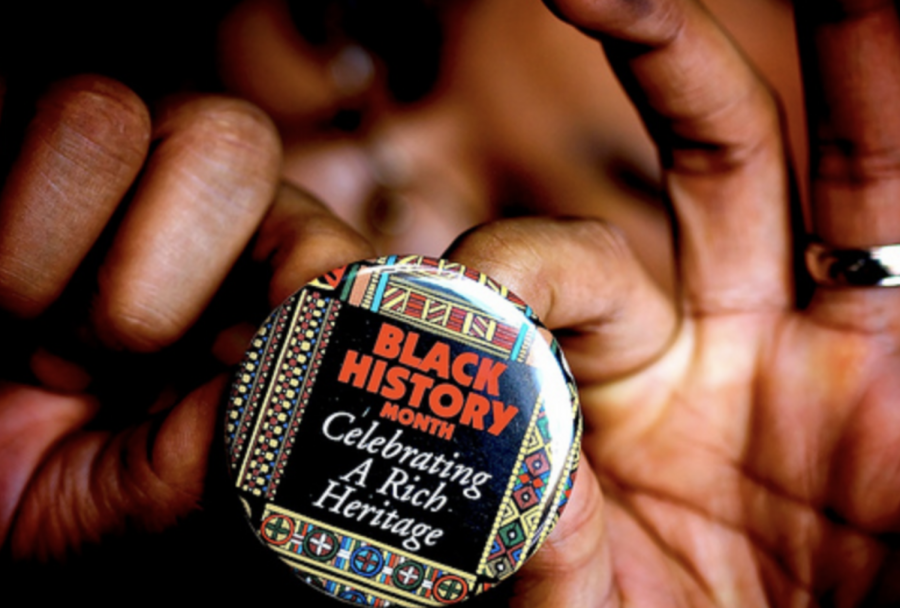Black History Month, or African-American History Month, is an annual celebration in the United States, Canada, the United Kingdom, the Netherlands and Germany. This observance was created with the purpose of recognizing and celebrating the remarkable individuals and events in the history of the African diaspora and was declared an annual national observance by President Gerald Ford on Feb. 10, 1976.
From the perspective of someone who is not originally from America, this month is representative of a history that was previously unfamiliar to me.
I am a product of the African diaspora, and although I am not American, I still feel connected to the successes, struggles and resiliencies that are celebrated during this month. My grandparents did not live through the Civil Rights movement, so the significance of this major historical event is not passed along by word of mouth from generation to generation within my family. However, since moving to America, Black History Month has helped me learn so much more about the exceptional individuals who were able to fuel this movement, from Ralph Abernathy to Elaine Brown. I have been able to learn from and connect with many of the influential women who were part of the movement, such as Fannie Lou Hamer, who was willing to withstand racial violence in order to fight for the rights of our community – rights that we continue to benefit from today.
This month also highlights major themes that need to be discussed within the African American community, with the theme for 2019 being “Black Migration,” which focuses on the movement of African Americans to new destinations – and subsequently to new social realities.
These themes allow individuals of all races to be educated on the issues that this community faces, as well as attempt to come up with plausible solutions. One major migration pattern that changed African American culture was the migration of people from the Caribbean to the US.
The theme of migration is important to me because it links my Trinidadian culture to American culture and shows that we are all connected. It also deepens my connection to Black History Month because migration is such a huge part of the African diaspora. Therefore, having roots in other places shows that there is no singular Black culture, just a culmination of different customs and cultures, which all come together to form the black experience.
To me, Black History Month is a celebration of every single person who is a part of the African diaspora. It is representative of our struggles, our resilience and our triumphs. It shows that we are all connected, that we all share the same problems and that we can all work together to find solutions. It represents our unity and our continued effort to do better and be better. It celebrates our will to push through adversity and also highlights how far we have come.
It represents my connection to a part of my identity and also emphasizes the responsibility I have to both myself and my community to continue to strive for greatness.








